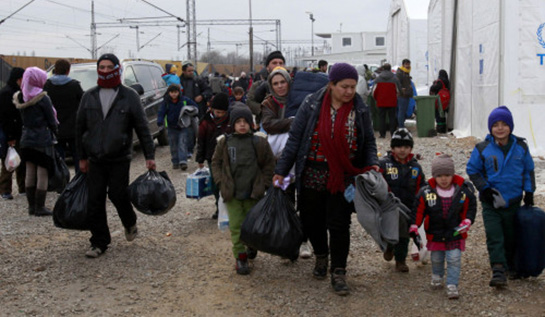Harsch Discusses Measurement of State Fragility
Michael Harsch, Visiting Assistant Professor of International Relations at the Frederick S. Pardee School of Global Studies at Boston University, published a research note on evaluating developing countries’ need for aid in the Harvard Weatherhead Center’s Epicenter blog.
In the piece, titled “Measuring State Fragility: A New Approach to Identifying and Strengthening Vulnerable Countries,” Harsch discusses the needs of fragile states and a new approach to measuring their need that he’s developing, which could help the U.S. and other leading donors to allocate development assistance more effectively and gauge the long-term effects of their engagement.
Harsch outlines the shortcomings of current measurements of fragile states, which measure the consequences rather than the causes of fragility. He argues one of the best indicators of state fragility is a governments ability to collect and standardize basic information about its citizens. Without this basic census information, governments and aid administrators are left blind to the needs of the people. According to Harsch, a measurement of state “legibility” highlights that states fail not because they have too much bureaucracy, but because they have too little.
An excerpt:
The best indicators of state fragility might be missing indicators…I classify states as fragile if they lack two or more of the following three crucial types of records: 1) a vital (birth and death) registry that the UN Statistics Division judges to have complete records within the last fifteen years; 2) a population census; and 3) an agricultural census (land use, production, etc.). Each of these censuses is considered as up-to-date for one decade, starting the year after their completion.
The full blog can be read here.
Michael Harsch is a Visiting Assistant Professor of International Relations at the Pardee School and a Fellow at the NYU Center on International Cooperation (CIC). His research examines global and local institutions’ role in promoting security, effective government, and economic development, with a focus on fragile and conflict-affected states. He is the author of The Power of Dependence: NATO-UN Cooperation in Crisis Management (Oxford University Press, 2015). Read more about him here.
